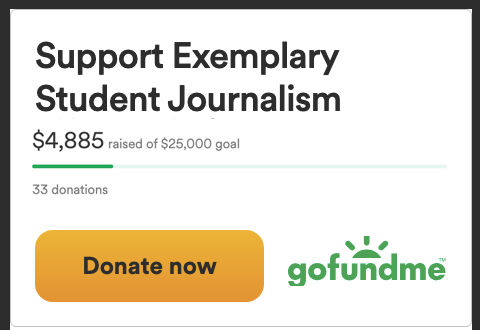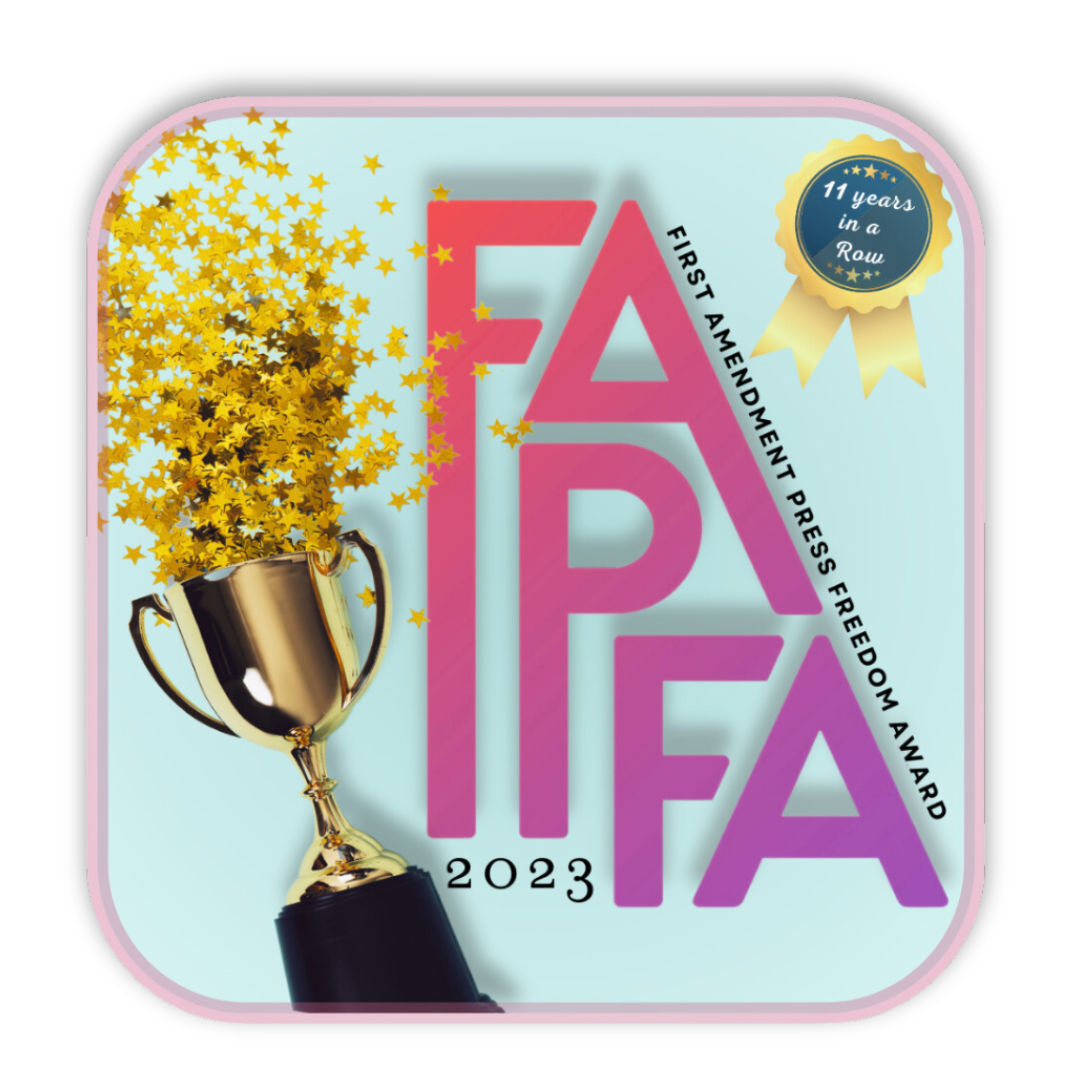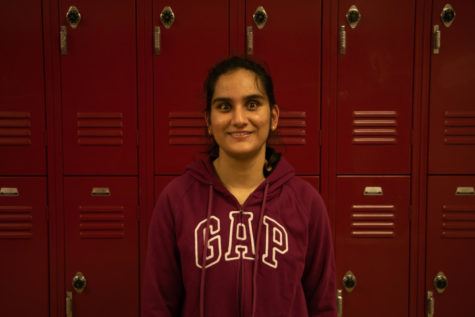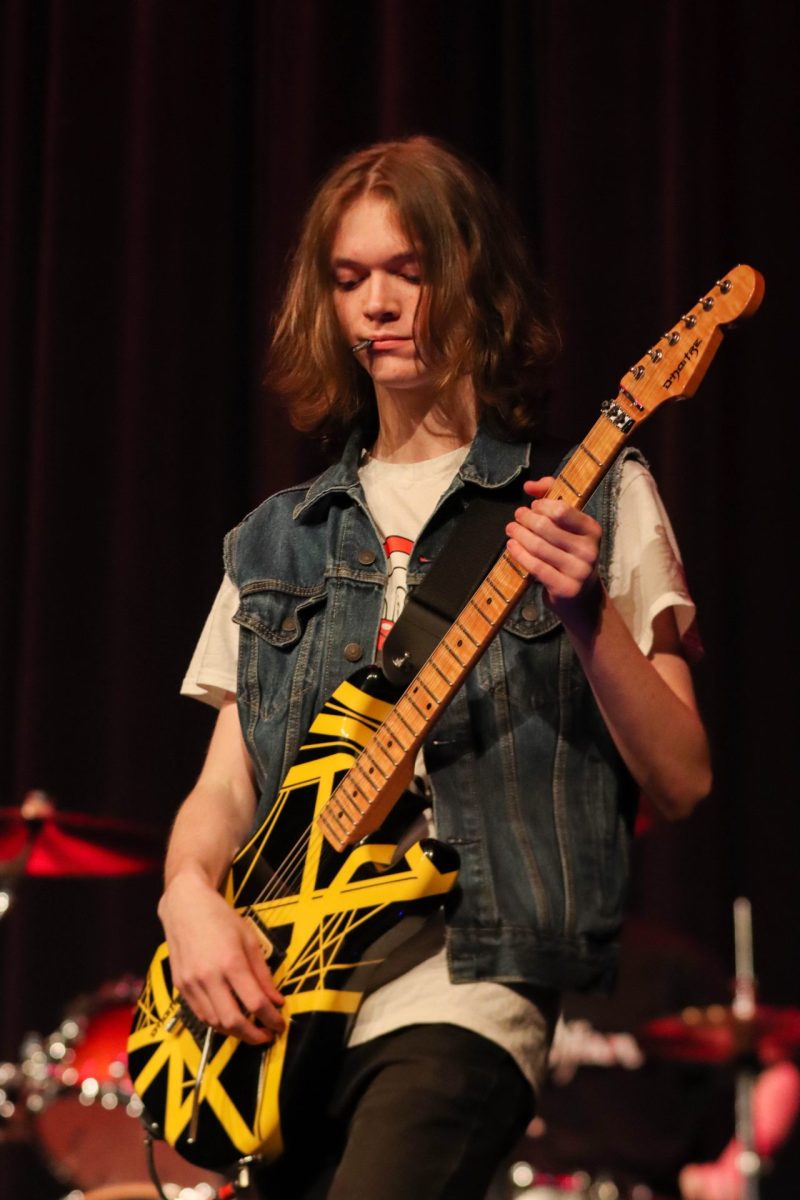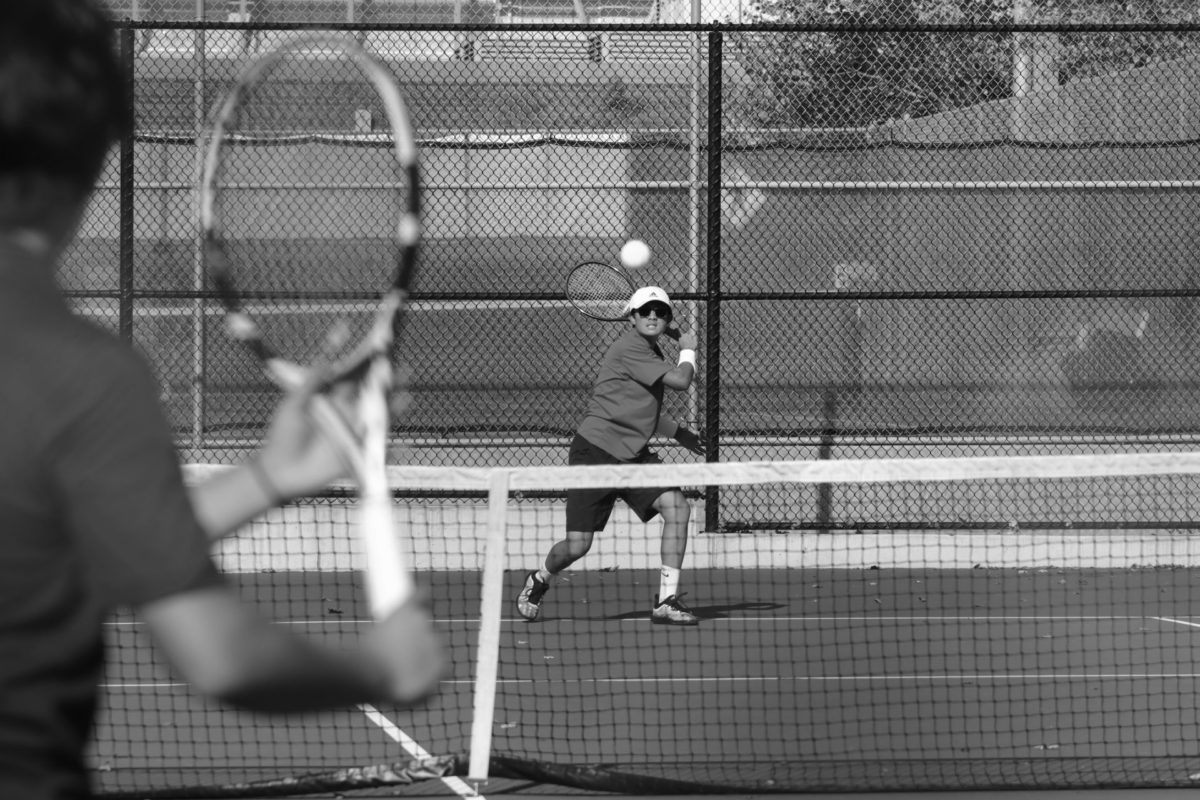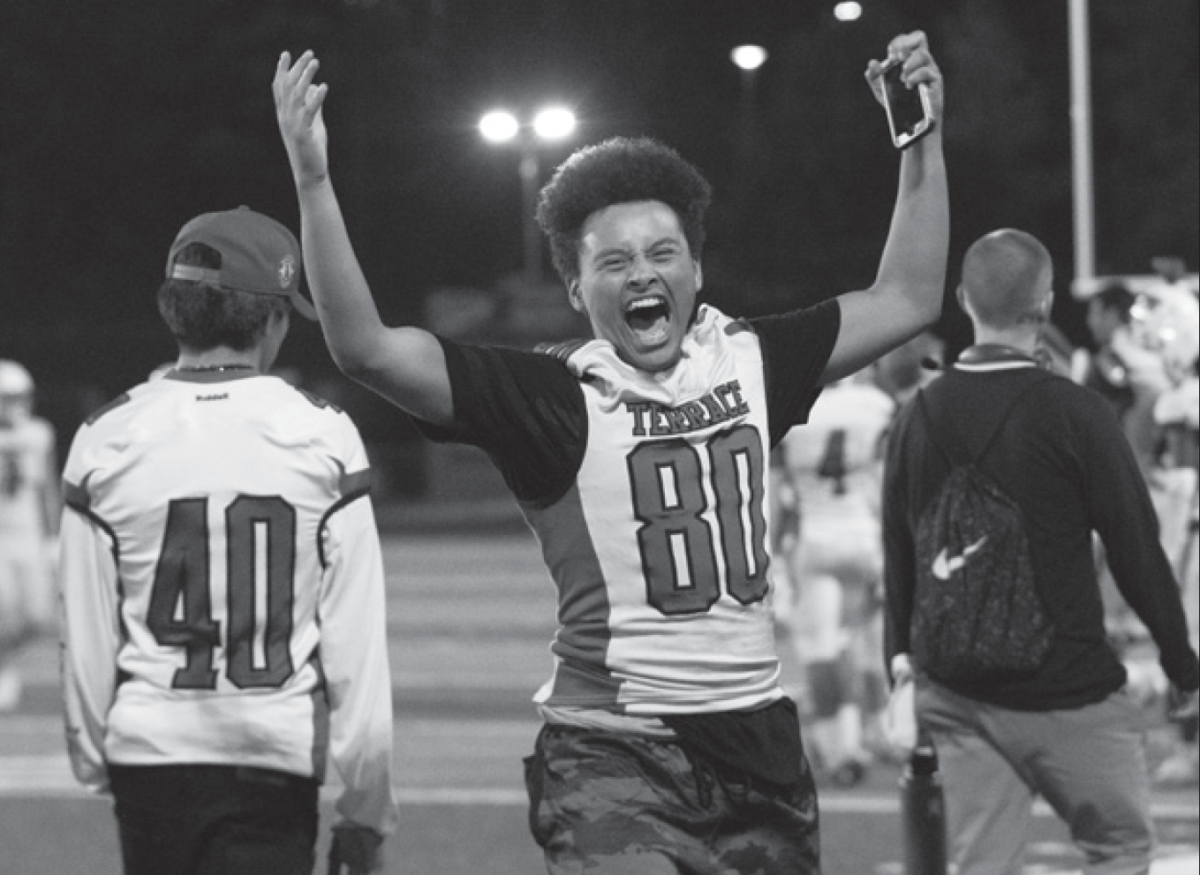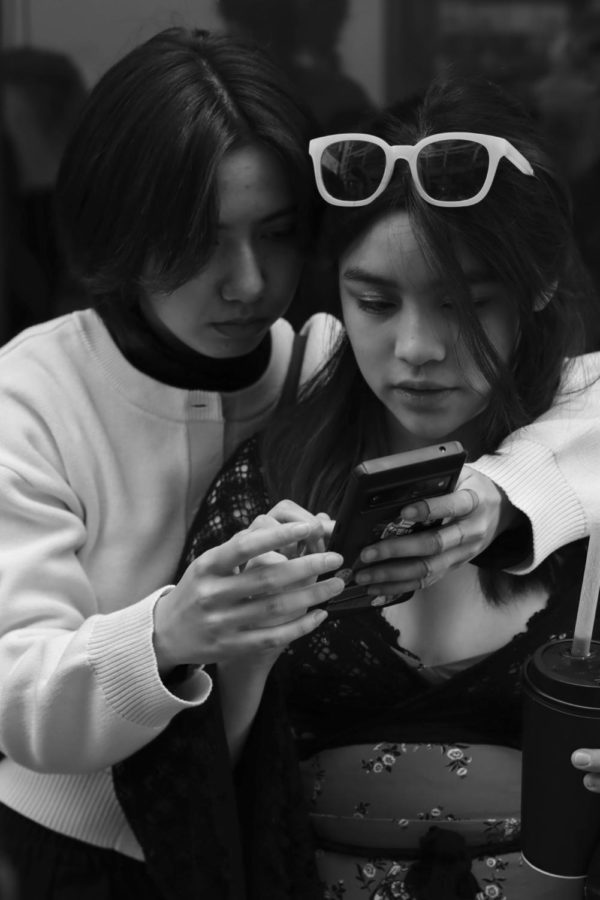Hi there, Hawks. Welcome back to my little corner of randomness, where today, we’re talking about labels.
Now, why labels? Because simply put, the world has too many of them.
Ever since the ripe old age of 6, there was one thing I wanted more than anything else in the world. I wanted to be able to read, just like the rest of my peers.
When I was introduced to braille, I got that chance, and there began a lifelong journey of reading anything and everything. Early on, I read it all, from elevator buttons that had braille underneath them to the bathroom rules that were posted in braille at my elementary school.
However, after a while, elevator buttons and bathroom signs got boring, and I needed something more. That is when I discovered the world of books.
As I explored the small braille section in our school library, I quickly discovered that each book had a label. Not just the title, but a category that it was assigned to.
“This is the historical fiction shelf,” my teacher explained as I explored the small section of braille books in our school library.
My young and curious mind soaked that information in, and days later, when I came back to the library, I went straight to the “historical fiction” shelf.
“All of these books are historical fiction,” I said proudly, and I was rewarded with approving words of assent.
As I began reading more and more books, I also discovered the joy of recommending them to those around me.
“Okay, what do you like? Science fiction or fantasy?” I found myself asking my teachers and peers.
Their answer determined the books I would recommend to them, and the categorization continued. Armed with the societal norm of labeling, I began feeding that tradition and perpetuating its continuation, focusing on the characteristics I needed to label a certain book in one category or another. If it checked those boxes, it passed my test, and if it didn’t, well, it was getting shoved into a genre anyway.
But why? Why was I giving these unique books I was reading random labels instead of seeing them for their individual stories? Who was I to put a book into one box and refuse to allow it to be a part of another just because it seemed to have more of the elements of one genre than another?
As I reflect upon these questions, I’ve realized that it’s because I was trained, from an extremely young age, to label them. When I first began to read, books were just that. Books. I would never have known to look for a label for each one, beyond its individual content and story, had it not been for the fact that I was told it fell under a certain category.
In some cases, these labels make sense. If someone likes to read about historical events in a fictional light, it’s convenient for them to go to the historical fiction section of a library. However, the more I observe the world and the way that we’re raised as individuals, the more I realize that book labeling is just another thing that we as humans do to follow this long-ingrained pattern of labeling. We label books, food and each other. Those labels then determine how our society functions, what we can and can’t do and who gets to make those decisions.
As we sat on the rug of my third grade classroom, I remember our teacher saying, “Don’t judge a book by its cover.”
Now, covers have never truly made sense to me, with braille covers consisting of merely the title and the author, but when I’d listen to my classmates looking for books in the library, I understood the need for that reminder. More than once, as I sat in my little corner of the library, I would hear one of my classmates say to another, “Oh, that cover looks ugly. Let’s not read that.”
Every time I heard that, I wanted to ask them the “what if” questions. What if the cover art just didn’t work out that time, but the book was amazing? How could one glance tell them everything they needed to know about that book? What if it became their favorite of all time if they gave it a chance?
Over the years, I’ve thought a lot about my early childhood of book discovery and the labels I learned to give. I’m also constantly haunted by the “what if” questions, and I know they’ve driven me to read anything and everything I can lay my hands on.
When my friends or teachers recommend books to me, they often ask what genres I prefer. My answer has always been “I’ll read just about anything,” and it’s true. That fear of missing out has made me pick up everything, even books that friends have said they didn’t like; I’d rather finish the book myself to determine my thoughts on it.
Books are not the only things we put into boxes, however. We do it to literally everything in this world, and often, that labeling has serious negative impacts.
Throughout history, we’ve put labels on each other, and determined what we can and can’t do based on those labels. We’ve put each other in boxes, and expected everyone to agree with those labels and expectations. We’ve systematically oppressed people and allowed it to happen, and all of us have grown up with unconscious stereotypes and reactions.
For example, a person with long hair who wears skirts and pink clothing must be a female, society often says. Yet, as friends around me have worked to figure out their identities, I’ve seen them realize that they don’t fall into any of the boxes that our society has predetermined, and they don’t want those labels. Just like I was taught to label books, we’ve all been taught to label each other, and it’s difficult for people to be who they want to be because of it.
However, we have the power to change that, and all it takes is awareness. What if we actively choose to put those labels aside? What if we choose to see books for their stories first instead of their genres? What if we make the conscious decision to see each other for the people that we are instead of the millions of labels we could put down?

